Hike Light on the Earth: Biodegradable Hiking Supplies
Selected theme: Biodegradable Hiking Supplies. Welcome to a trail-friendly home base for hikers who want gear that works hard in the wild and returns gently to nature. We share practical picks, field stories, and smarter habits so your next trek leaves more memories than marks.
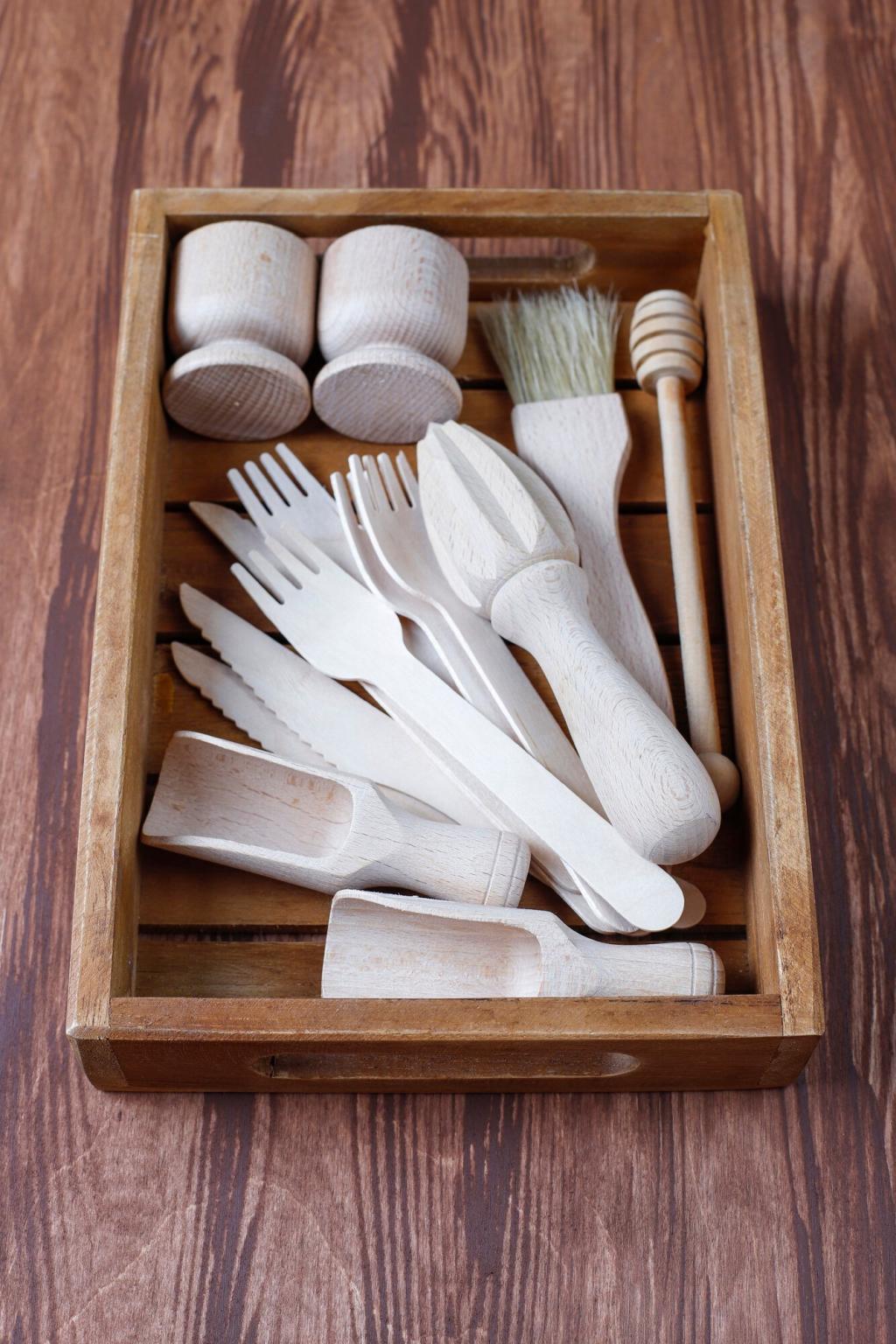
Trail-Tested Essentials You Can Feel Good About
Soaps and Toothpaste that Break Down, Not Ecosystems
Use unscented, plant-based soap sparingly and always wash 60 meters or more from water sources. Tooth powder or tabs in a small tin minimize packaging. A few drops go a long way, and gray water should be dispersed widely to promote natural breakdown in soil.
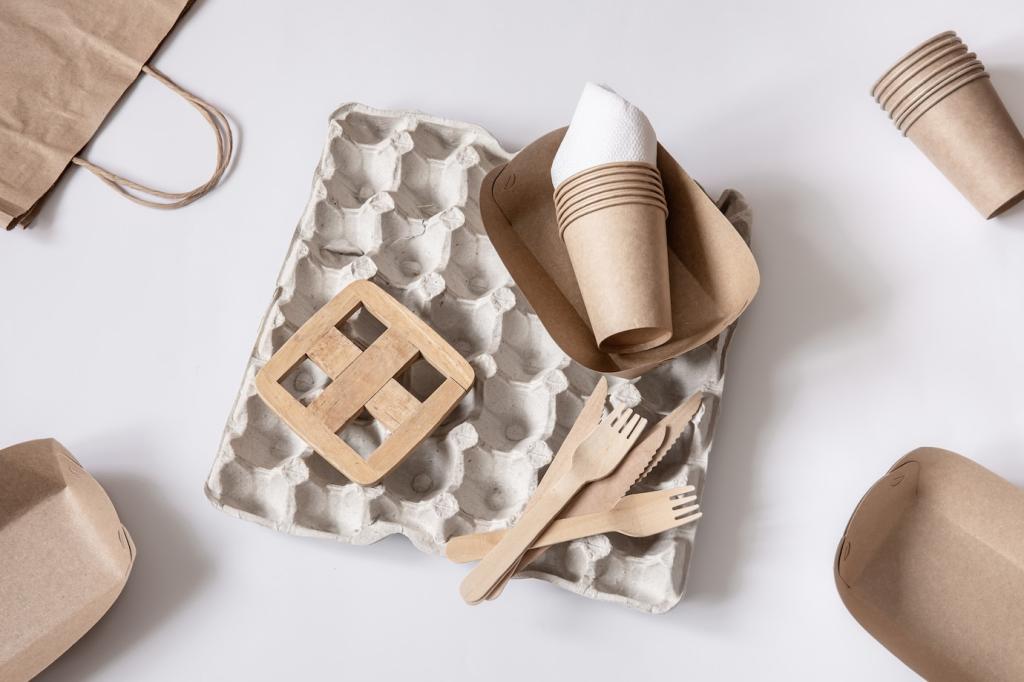
Camp Kitchen Without the Plastic Hangover
Beeswax wraps and cellulose-based films replace single-use plastics for bread, cheese, or snacks. They last for months when cared for, clean easily with cool water, and can be composted at end-of-life. Pack a small repair block of wax to refresh wraps after longer trips.
Camp Kitchen Without the Plastic Hangover
A sturdy bamboo spork and long-handled spoon beat flimsy throwaways, and a coconut shell bowl feels great in cold hands. Oil wooden or bamboo items occasionally to resist cracking. Skip disposables entirely and share your favorite lightweight set with fellow hikers in the comments.
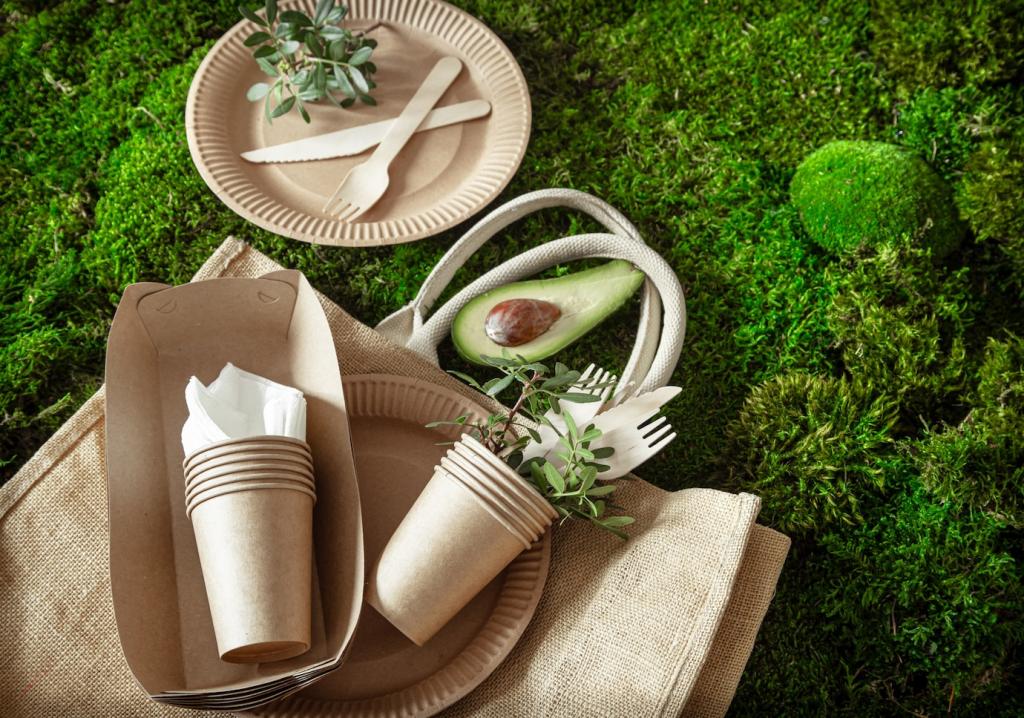
Wearables and Fabric Choices for Low-Impact Miles
Merino manages odor naturally, hemp adds durability, and organic cotton feels gentle at camp. While synthetics dry fast, they can shed microfibers. Choose long-lived pieces, repair small snags early, and rotate garments to reduce wear so fewer items end up in the trash cycle.
Hygiene and First Aid, Thoughtfully
A bamboo-handled toothbrush and refillable glass floss with silk thread cut plastic waste dramatically. Keep a tiny dropper of mouth rinse for morale boosts. Even small items count: pack out all floss and cotton swabs, and choose paper or metal containers you can refill for years.
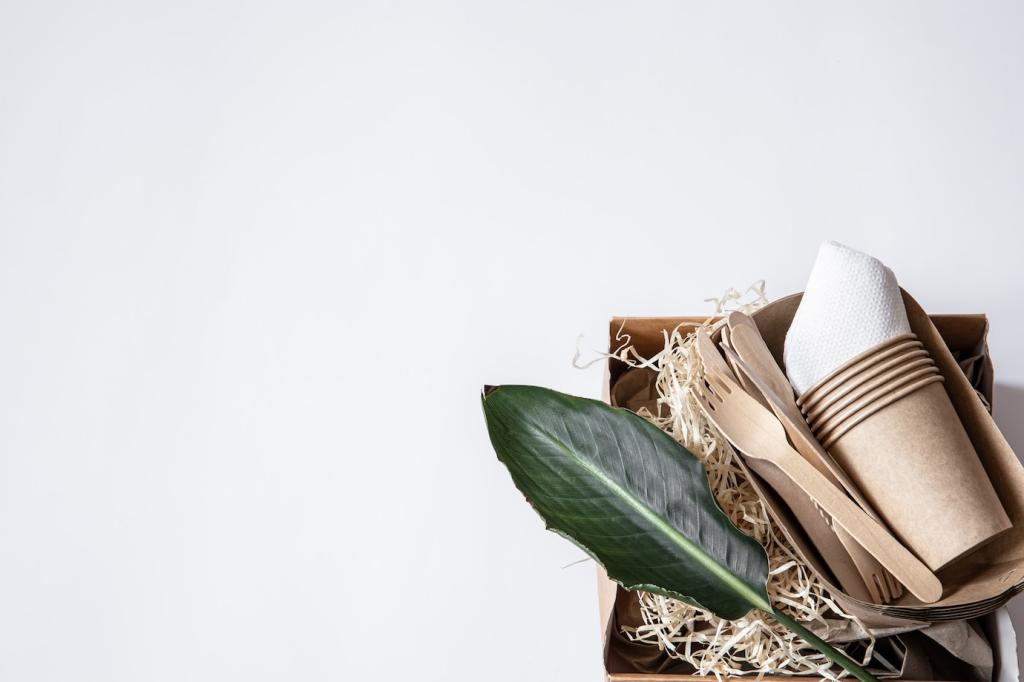
Disposal, Leave No Trace, and the Myth of Vanishing Gear
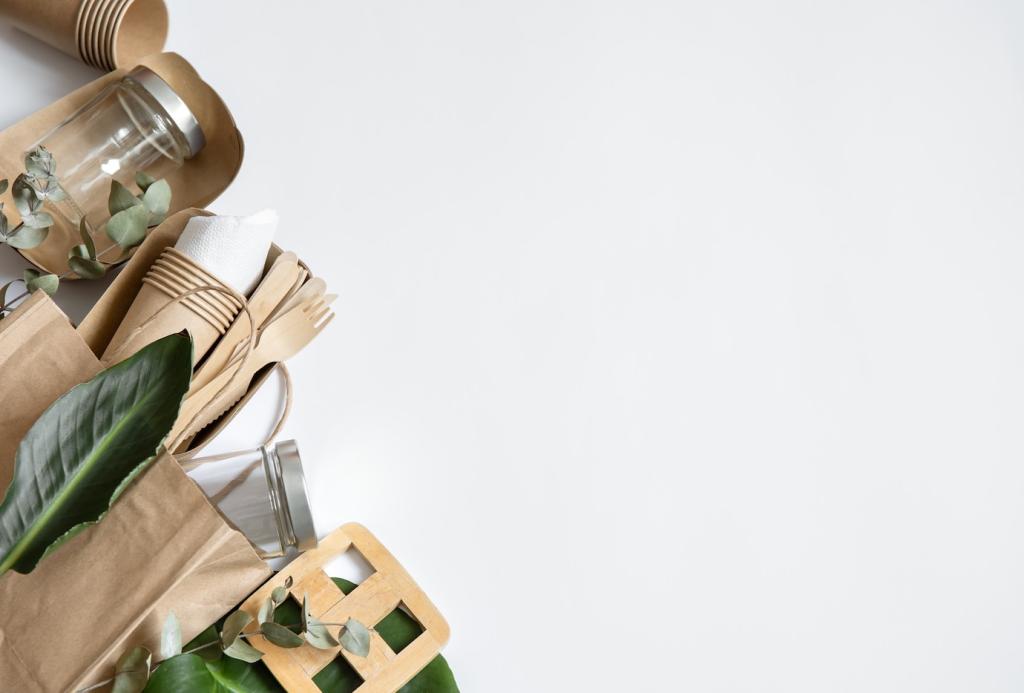
Dig cat holes 6–8 inches deep and 60–70 meters from water, camps, and trails. Many areas require packing out all human waste; always follow local guidance. Regardless of claims, pack out toilet paper and wipes. Local regulations and ecosystems come first, convenience second.
A Starter Checklist You Can Customize
Begin with bamboo utensils, beeswax wraps, cellulose sponge, plant-based soap, compostable liners, bamboo toothbrush, silk floss, paper tape, and a micro-trash jar. Adapt by climate and trip length, then share your adjustments so others can learn from your terrain and experience.
The Weekend Waste-Lite Challenge
Aim for a two-day hike producing under 200 grams of landfill trash. Weigh your waste at home, note what worked, and identify one more swap for next time. Post your results to encourage new hikers and keep yourself accountable with friendly community momentum.
Subscribe, Share, and Shape the Next Guide
Subscribe for field-tested reviews, seasonal packing tweaks, and trail ethics refreshers. Comment with your favorite biodegradable hiking supplies and the toughest swap you still wrestle with. Your questions guide our next deep dive, keeping this community honest, curious, and effective.
